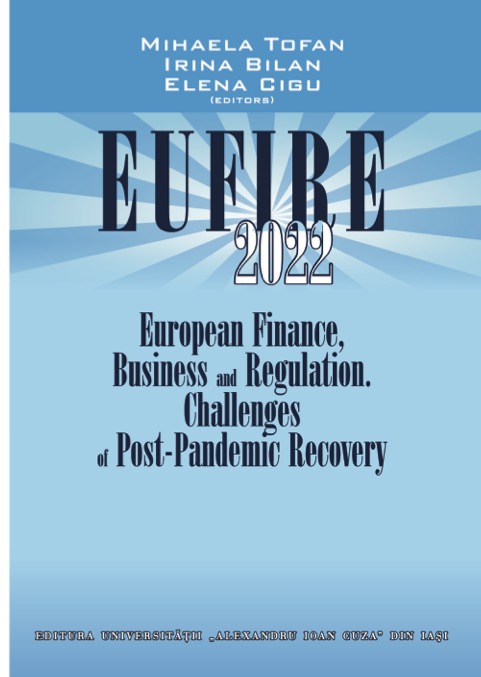THE LIBERALIZATION OF ELECTRICITY MARKETS IN ROMANIA AND IN THE EU
THE LIBERALIZATION OF ELECTRICITY MARKETS IN ROMANIA AND IN THE EU
Author(s): Cristina Oneţ
Subject(s): Law, Constitution, Jurisprudence
Published by: Editura Universităţii »Alexandru Ioan Cuza« din Iaşi
Keywords: market liberalization; electricity; market surveillance authority; energy strategy; energy policy;
Summary/Abstract: The paper presents and analyzes the most important measures adopted by the European Union and Romania to ensure the establishment of electricity prices freely and on a competitive basis.If the first part of the paper presents, from a historical perspective, the most important measures adopted by the European Union to achieve this goal, in the second part we analyze the measures recently adopted by Romania to define an energy strategy at national level, but also a coherent and articulated energy policy to provide crisis response tools. In this sense, the paper analyzes the role of the Romanian Energy Regulatory Authority (ANRE) as an autonomous administrative authority at national level and the Agency for the Cooperation of Energy Regulators (ACER), established at European level.Last but not least, the paper presents the way the national electricity market is organized and operates, but also a series of statistical information provided by the Romanian Electricity and Gas Market Operator (OPCOM) to illustrate the types of energy markets that operate in Romania, as well as the most important information on the financial results obtained on these markets in 2021.In conclusion, it can be seen that Romania is at the beginning of the road in terms of organizing free electricity markets. It has created all the necessary structures for the liberalization of the electricity market, but the regulation of their functioning will be done as it will face different realities that will demand appropriate measures. The legislative measures subject to the present analysis highlight the fact that they were undertaken in Romania in the context of their adoption at European level, but the current context of the energy crisis that manifests itself globally will force it to identify other concrete measures to intervene in the economy in order to alleviate the shocks caused by these crises.
- Page Range: 298-312
- Page Count: 15
- Publication Year: 2022
- Language: English
- Content File-PDF

